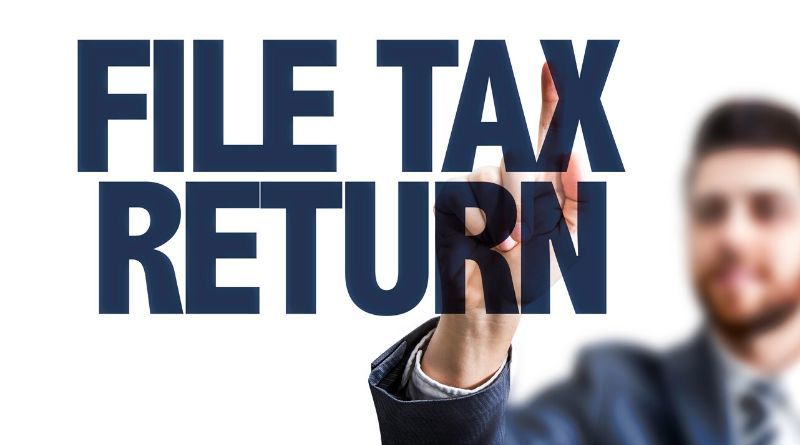Offshore Net Is Closing - What is the Common Reporting Standard?
Following the Great Recession of 2008-2009,
far greater attention was paid by the governments of the world to the twin
issues of tax avoidance and evasion.
The collapse in economic output followed by
the sluggish recovery around the world meant that government debt rapidly
increased. In a concerted effort to reduce reliance on quickly accumulating
sovereign debt, they became very focused on targeting individuals with
undeclared offshore tax liabilities and in clamping down on domestic loopholes.
The problem governments faced when targeting
individuals with undeclared offshore tax liabilities was a lack of information
sharing between tax authorities. HRMC had to rely on leaks like the infamous
Panama Papers to understand what assets and income Britons had overseas.
That did not offer enough predictability or
certainty to HMRC or to other jurisdictions so common cause was established in
devising and implementing a solution to the problem – the Automatic
Exchange of Information
via the Common
Reporting Standard
(CRS).
What is the Common Reporting Standard?
Developed by the Organisation for Economic
Co-operation and Development (OECD) in 2014, the Common Reporting Standard
refers to a shared
file format
that financial institutions and overseas tax
authorities use to send information to HMRC about the financial affairs of
British citizens.
Whereas before tax authorities had to ask
other tax authorities and financial institutions to share the required information,
this would now happen systemically and predictably under a new Automatic
Exchange of Information protocol.
Dominica became the 128th
country
to implement the Standard
for Automatic Exchange of Financial Account Information in Tax Matters
on the 25th April 2019. They joined Russia, India, China, and all EU
member states as the new signatory.
What information is transferred?
The following information about account
holders are sent via the Automatic Exchange of Information protocol to the
relevant tax authority:
- Name
- Address
- Date of birth
- Place of birth
- Country or countries in which an individual is resident for tax purposes
- Taxpayer Identification Number/National Insurance Number (or the equivalent reference code according to the country)
- Identification details of the account with the financial institution
- Total account balance/value of your accounts calculated at year end including any interest earned but excluding the balance on any of your excluded accounts
Unlike the British personal tax year which
runs from 6th April to the 5th April, the Common
Reporting Standard tax year is the calendar year – from 1st January
to the 31st December.
HMRC’s data feed from the Automatic Exchange
of Information began on the 1st October 2018, one day after the
closure of its “Requirement To Correct” campaign.
The purpose of the Requirement to Correct (RTC)
campaign was to encourage “those with undeclared offshore tax liabilities
(relating to Income Tax, Capital Gains Tax or Inheritance Tax for the relevant
periods) to disclose those to HMRC on or before 30 September 2018.” For the
purposes of the campaign, the relevant period was all non-compliance which had
occurred prior up to an including April 5th, 2017.
If a taxpayer made a declaration before the
September 30th deadline, they would be expected to pay the tax
outstanding, a penalty using the published HMRC penalty regime plus any late interest
due on them. Taxpayers who did declare were expected to pay the money
immediately.
However, we are now passed the deadline and
HMRC have put in place a unique and particularly punitive set of penalties
prepared for taxpayers with undeclared offshore tax liabilities. A 100% minimum
penalty on the tax owed is a certainty for people who declare past the deadline
or whose affairs are called into question via data received from the Common
Reporting Standard.
If HMRC do not believe that you have been
co-operative enough with them during their investigation, they reserve the
right to penalise you 200% of tax owed. If they believe that you have
intentionally shifted assets in such a way to conceal it from them
deliberately, the penalty may rise to 300% of tax owed.
Additionally if the unpaid tax totals £25,000
or more, they may also impose an additional 10% asset penalty on you.
Y our Other Option - Voluntary Disclosure
If you have
undeclared offshore financial interests, there are still other options
available to you if you are looking to make a voluntary disclosure.
HMRC is currently
writing to such individuals about the Worldwide Disclosure Facility (WDF),
which is open to individuals who are looking to bring their tax affairs up to date.
We have assisted
many individuals through the WDF and more information an be found here - https://www.taxdisclosures.co.uk/worldwidedisclosurefacility/WDF
Over the last few years, HMRC have stepped up their
efforts to collect unpaid tax from UK citizens in their attempt to close the
“tax gap” – in other words, the difference between what they receive in revenues
and what they believe they should receive.
If you believe that there is information that you should
declare to HMRC or if you have received a letter from HMRC informing you that
they intend to investigate your tax affairs, you should make contact with us
straight away.
Forths has successfully represented taxpayers in either
situation and, in our experience, it’s better to take control of the situation
yourself rather than wait for HMRC to contact you. Please call 0113 387 5670 or
email enquiries@forthsonline.co.uk
for more information.
FORTHS NOTE
- Please note that the
Requirement To Correct campaign mentioned in this article also covers
individuals with overseas assets who have not declared income from those assets
and any undeclared UK inheritance tax, capital gains tax, or income tax
liabilities in addition to any information revealed as a result of the CRS.


